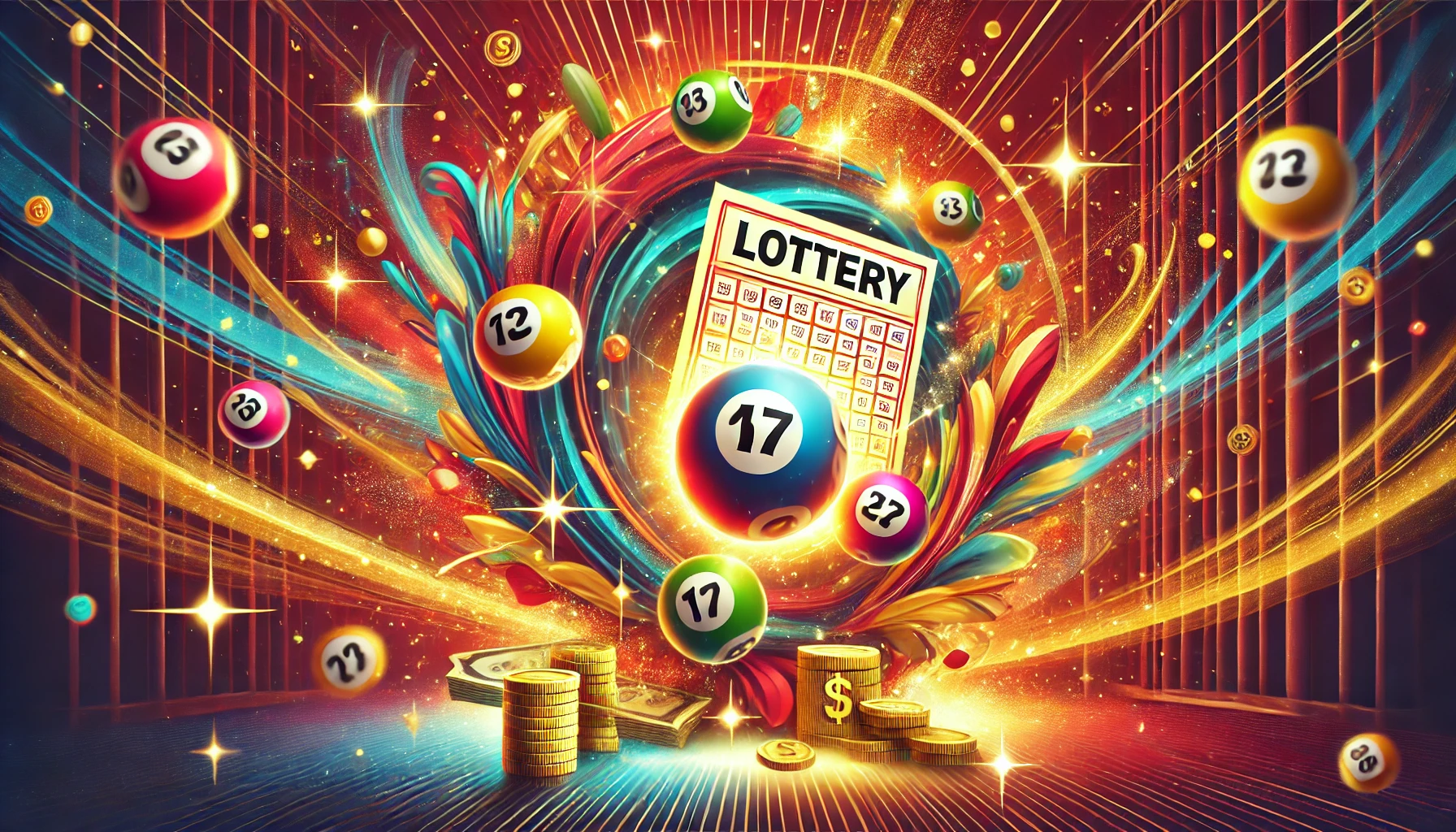
There’s something undeniably electrifying about holding a lottery ticket, your imagination running wild with dreams of luxurious lifestyles and life-changing possibilities. For millions of people worldwide, lottery betting isn’t just a game—it’s an experience. But what exactly makes this simple act of picking numbers so compelling? In this article, we explore the psychology, excitement, and entertainment value of lottery betting, uncovering why it’s both addictive and fun.
The Psychology Behind the Lottery Thrill
At the heart of lottery betting lies the human brain’s love for anticipation. Psychologists call this the “dopamine rush”—the excitement that builds as you wait for the draw, imagining the “what if” scenarios. This surge of dopamine, a chemical associated with pleasure and reward, is a key reason why the lottery can be so addictive.
- The Power of Possibility
Even if the odds of winning are astronomical, the possibility alone is enough to hook players. The phrase “you can’t win if you don’t play” fuels the dream of being the next jackpot millionaire. - Hope as a Motivator
The lottery represents hope—hope for a better future, freedom from financial struggles, and a chance to rewrite your story. This emotional connection keeps players coming back.
The Entertainment Factor
Lottery betting isn’t just about the money; it’s a form of affordable entertainment. For a small investment, you get hours (or even days) of dreaming, planning, and chatting with friends and family about what you’d do if you won.
- Social Bonding
Many people participate in office pools or group syndicates, making lottery betting a shared experience. The camaraderie, jokes, and collective dreaming amplify the fun. - The Ritual of Choosing Numbers
Picking numbers—whether they’re birthdays, anniversaries, or random lucky digits—is a ritual that adds a personal touch. It’s part of what makes the lottery feel more like a game than a gamble.
Why It’s Addictive
While fun, lottery betting can also become addictive due to psychological triggers and behavioral patterns. Here are the key reasons:
- Intermittent Rewards
The lottery operates on an intermittent reinforcement schedule: you don’t win every time, but when you do (even a small prize), it creates a rush that reinforces the behavior. - “Near Miss” Effect
Getting close to winning—like matching four out of six numbers—can make players feel like victory is within reach, driving them to try again. - Escapism
For some, the lottery is an escape from day-to-day worries. The chance to dream of a better life, even momentarily, can be deeply comforting.
Responsible Betting: Keeping the Fun Alive
While the thrill of the draw is exhilarating, it’s essential to keep lottery betting in check. Here are some tips to enjoy it responsibly:
- Set a budget for how much you’re willing to spend on tickets and stick to it.
- Treat it as a form of entertainment, not an investment strategy.
- Avoid chasing losses; remember, it’s all about luck.
- Celebrate small wins and enjoy the experience, regardless of the outcome.
The Bottom Line
Lottery betting taps into a unique combination of hope, excitement, and social connection, making it both addictive and fun. While the odds may not always be in your favor, the journey—filled with anticipation and dreams—is a reward in itself. So, the next time you play, relish the thrill of the draw, but remember to play responsibly. After all, the real jackpot is the joy you get from the experience.